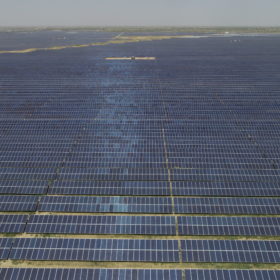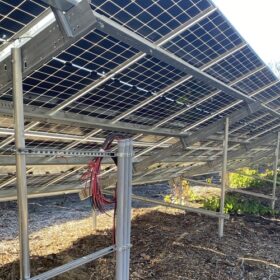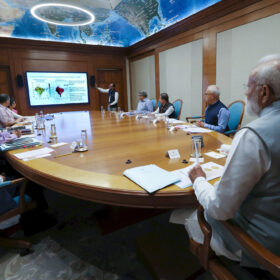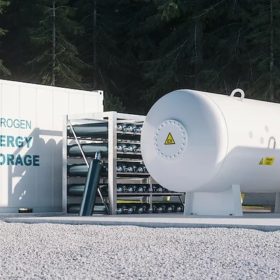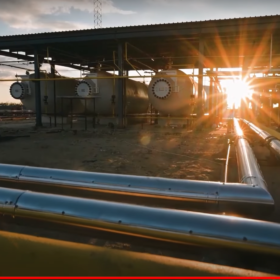New study provides state-wise renewables addition plan for India
A new study by government thinktank NITI Aayog provides state-wise renewable energy potential that can be harnessed by states to meet their renewable purchase obligations, RE capacity that needs to be procured by the deficit states from other RE-rich states, and storage requirement to meet the required grid balancing. The study was carried out with the support of the Central Electricity Authority and the Ministry of New and Renewable Energy.
India braces for scorching summer: Record power demand puts coal in spotlight
With temperatures expected to soar beyond 40 degrees Celsius, the spotlight turns to India’s coal-fired power stations, which comprise a hefty 218 GW of the total energy capacity.
US government reinstates bifacial solar module tariffs
The Office of the President has turned its focus to solar panels, announcing the removal of the bifacial solar panel Section 301 tariff exclusion and addressing issues of stockpiling during trade cases, alongside promoting the nation’s manufacturing base.
Navigating the future of hydrogen
Hydrogen, often lauded as a beacon of hope in the quest for a low-carbon future, stands at a pivotal crossroads. As the world grapples with the dual challenges of escalating energy demands and climate change, hydrogen presents a unique opportunity to harmonize industrial development with environmental stewardship. However, its path is fraught with complexities and obstacles that require careful navigation.
ALMM expands market for domestic solar manufacturers
The ALMM reinstatement opens up a vast market for domestic solar panel manufacturers by creating a non-tariff barrier for Chinese products. However, for projects and schemes such as PM Surya Ghar: Muft Bijli Yojana which mandate domestic content requirement (DCR), the shortage of domestically manufactured cells could lead to an increase in the cost of DCR modules.
India’s ruling party pledges renewables, manufacturing focus in its poll manifesto
India’s ruling party Bharatiya Janata Party (BJP) has vowed continued focus on renewables, energy storage and electric mobility with a view to achieving energy independence for the nation by 2047.
India extends deadline for submission of R&D proposals under National Green Hydrogen Mission
The Ministry of New & Renewable Energy, Government of India, has extended the deadline for submission of R&D proposals under National Green Hydrogen Mission, to April 27, 2024.
Weekend Read: Solar giants enter the storage market
Energy storage is the new solar for an increasing number of Chinese PV manufacturers. However, China still requires enabling policies for storage to provide the end-market volumes needed to bolster the fortunes of manufacturers old and new.
India, Saudi Arabia and UAE top in green hydrogen competitiveness
The United Arab Emirates (UAE) tops in green hydrogen competitiveness with the world’s lowest levelized cost of hydrogen (LCoH) of $2.7/kg in 2023 and a projected $1.7/kg in 2030. It is followed by Saudi Arabia and India, which could produce green hydrogen at $2.9-$3.2/kg in 2023 and $1.8/kg in 2030.
IRENA says world needs 1.1 TW of renewables per year
The International Renewable Energy Agency (IRENA) released a new report on the sidelines of the Berlin Energy Transition Dialogue this week describing the actions needed so the world complies with targets set at the recent COP29 conference in the United Arab Emirates. IRENA President Francesco La Camera says renewables are the only energy sources with the speed and scale to achieve the ambitious targets set in Dubai.
